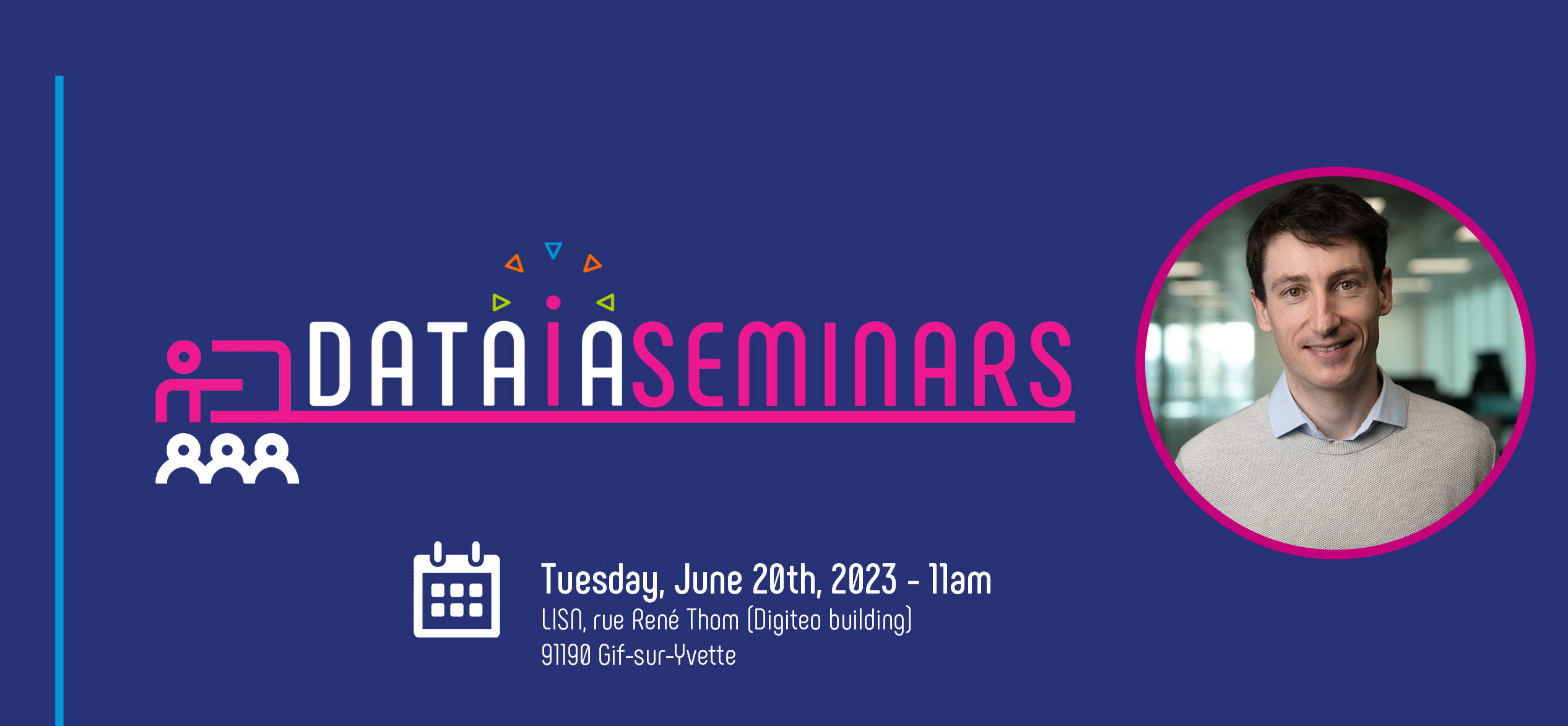Johannes Brandstetter - AI4Science, Microsoft Research.
Bio: Johannes Brandstetter completed his PhD studying Higgs boson decays as part of the CMS experiment at CERN's Large Hadron Collider. In 2018, he joined Sepp Hochreiter's group in Linz, Austria. In 2021, he became PostDoc ELLIS in Max Welling's laboratory at the University of Amsterdam. Since 2022, he has been a senior researcher at the brand-new Microsoft Lab in Amsterdam. His current research focuses on geometric deep learning, solving neural PDEs and large-scale scientific simulations.
Title: Is it the network or is it the data - which one is more important for large-scale neural PDE surrogates?
Abstract: Partial differential equations (PDEs) are widely used in science and engineering to describe the simulation of physical processes interacting and co-evolving over time. Due to the high computational cost of their standard solution methods, neural substitutes for PDEs have become an active research topic to accelerate these simulations. In this talk, we approach these surrogates from two different angles. First, we take a closer look at possible ideas for how best to integrate physics into neural PDE surrogates. Secondly, we let the data do the talking, and assume that all the physics is in the data, and that the model should be designed to take advantage of this. Finally, we compare these two paradigms with each other and give an overview of the situation.
- The seminar will take place on Tuesday June 20 at 11am in the Digiteo 660 Amphitheatre, LISN, Gif-sur-Yvette. It will be followed by a lunch.
- Registration required, subject to availability!
Don't miss the announcement of a new DATAIA seminar!
Sign up for our seminar mailing list by clicking here.






